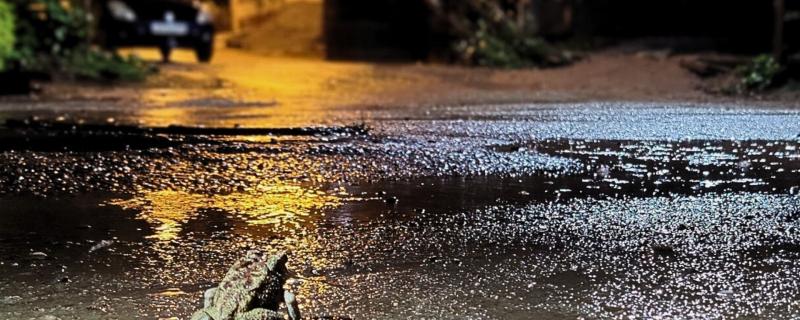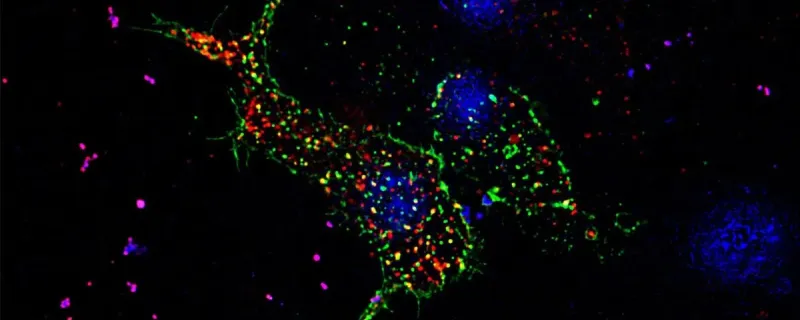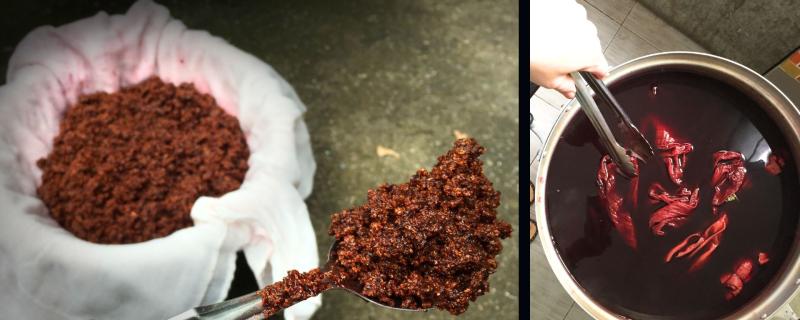Frog and toad communities remain surprisingly stable across both urban and rural settings, suggesting increased resilience or a lag phase with effects yet to be observed. Loss of habitat and pollution, a worry.
IIT Bombay’s new deep learning framework, named SpADANet, enhances damage classification accuracy using limited labels across multiple hurricanes.
Mumbai/









